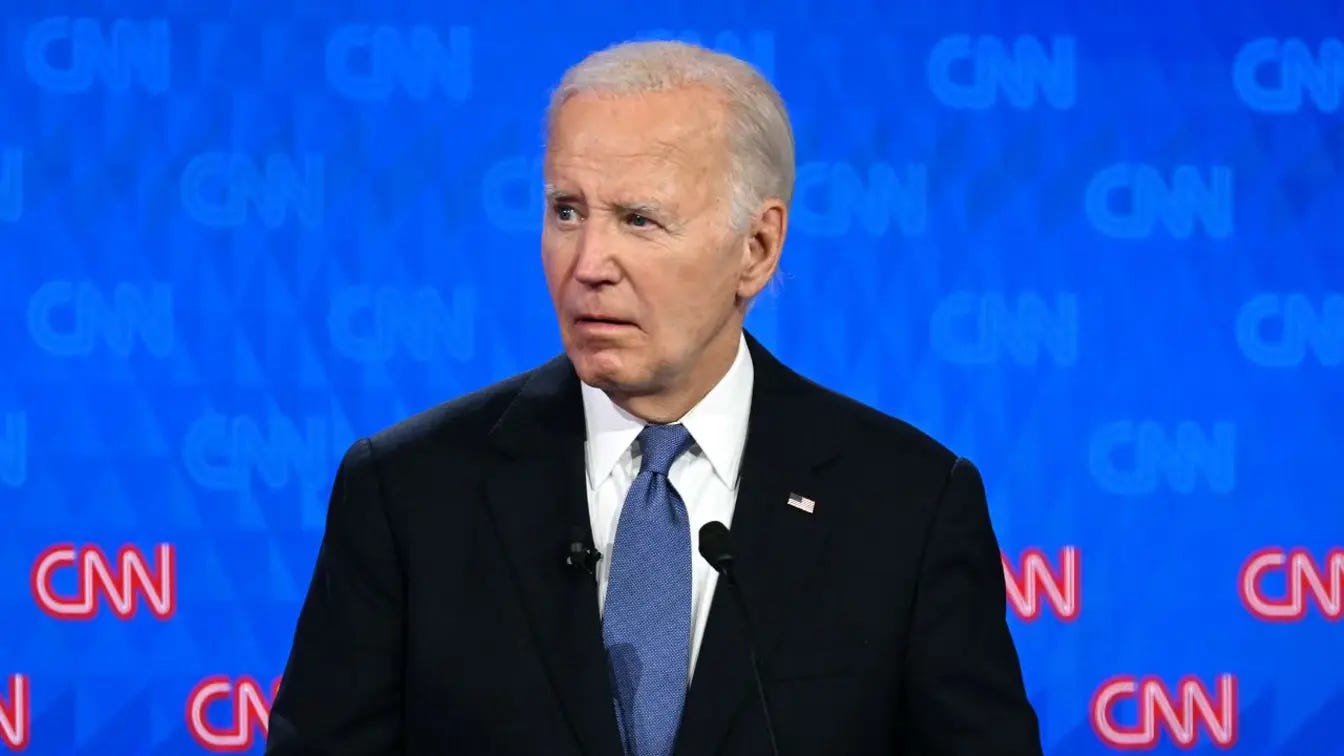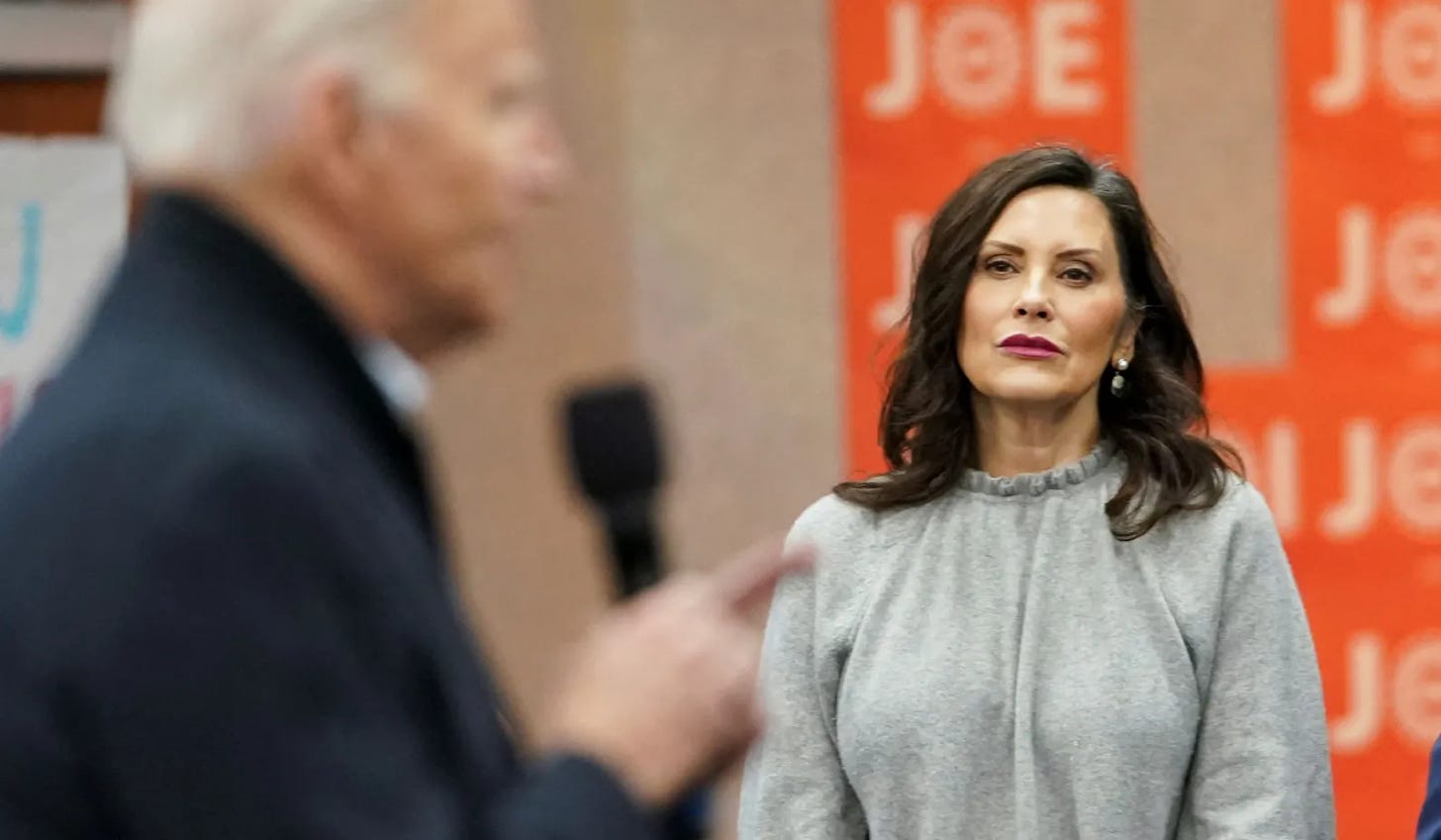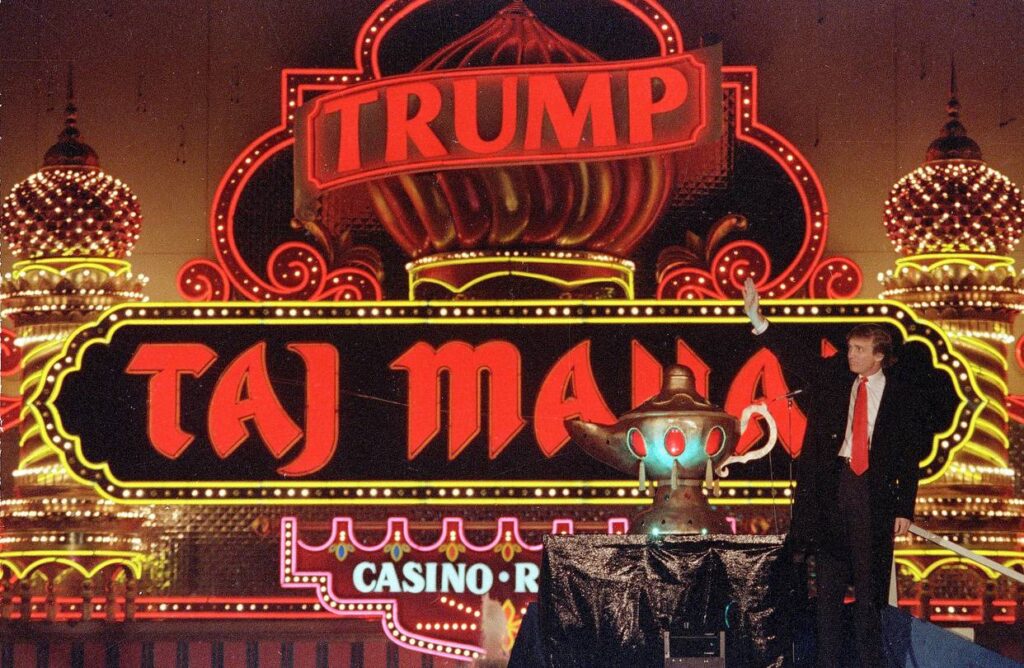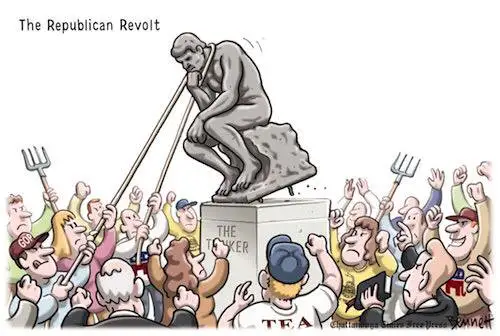Kamala Harris helped take down Trump once. Will she again?

Three and a half years ago, Americans decided that a mixed-race Black and Indian woman was capable of serving as president of the United States. They chose Kamala Harris to serve the proverbial heartbeat away from The Resolute Desk, as Joe Biden’s partner. This was one chaotic presidential term after they had picked a Black man, Barack Obama, to serve two terms in the White House.
But how will they choose now? If the Democratic Party taps President Biden’s vice president as its nominee – the logical choice – will America rise to the occasion? After ousting him from office in 2020, will they turn aside Republican Donald J. Trump a second time? Have Americans matured enough racially and in gender terms to look beyond identity politics to Harris’s qualifications, especially since they overlooked the ample skills and experience of a white woman, Hillary Clinton, in 2016, in favor of a white man with no political background and a checkered, bankruptcy-marred business history? (The Clintons are backing Harris.)
The polls are notoriously unreliable. But, at the moment, as Newsweek reported, the most recent analysis by election website FiveThirtyEight, released on July 17, showed Harris had a net approval rating of -11.8, with just 38.6 percent of those surveyed approving of her performance and 50.4 percent disapproving.
Dismal as such numbers are, the latest polling about Trump puts him behind Harris. A July 21 FiveThirtyEight polling analysis gave Trump a net approval rating of -12, making him slightly more unpopular than Harris, with 41.7 percent viewing him favorably and 53.7 percent unfavorably.

The margins surely would be uncomfortably close, as they were in the last few presidential elections. In 2020, Biden-Harris turned Trump into a one-term president with just 51.3% of the popular vote and 306 electoral votes to Trump’s 232. Trump garnered 46.9% of the popular vote, a figure that held up despite a national barrage of unsuccessful ballot challenges the former president launched.
Trump won office in 2016 with a similar share of the popular vote, just 46.1%, falling below Hillary Clinton’s 48.2%. Despite her success with voters overall, he bested her in the Electoral College, 304 to 227, by carrying the South and much of the Midwest and Northwest.
So, will Harris be the party’s choice, given her narrow lead on Trump at the moment? Can she boost her approval ratings enough to stay ahead of Trump’s beleaguered numbers? The Dems convene in Chicago on Aug. 19 and, in coming weeks there will be debate over whether she can win by carrying the party’s banner.
Despite Biden’s endorsement of Harris, there already has been talk of the party “leapfrogging” over her to tap a seemingly safer white male candidate. Names of governors such as Gavin Newsome of California, Josh Shapiro of Pennsylvania and J.B. Pritzer of Illinois have been vaunted. So, too, has that of a white woman, Michigan Gov. Gretchen Whitmer.
And already, some observers argue that passing over her would cost the party big with Blacks, especially women – a constituency with which Biden was lagging. By this reasoning, she could bring out enough currently dissatisfied Black voters to carry the ticket over the top, even as she boasts of her mixed-race ancestry. She might bolster her chances with whites by tapping any of those governors as a running mate.

Whitmer, of course, could help deliver the key swing state of Michigan. Imagine, though, how a ticket with two women might send far-right voters around the bend. Consider what a stark difference that would represent from the elderly white male heading the GOP and his middle-aged white veep choice.
Of course, identity politics of this sort still matter — indeed they may be everything in this race.
But, looking just at her credentials, Harris couldn’t be better poised for it. Serving at Biden’s side since 2021, she has had an inside seat at the table in important policymaking choices, such as the infrastructure bill that is now pouring billions of dollars into the nation’s bridges and roads, the support of Ukraine, the strengthening of NATO, the difficult rebuilding of America’s stature around the world after Trump’s isolationist term. As Lesley Odom Jr. and Lin-Manuel Miranda might say, Harris has been in “The Room Where It Happens.”
Few vice presidents have been able to grab the limelight from their bosses, and it may be that Harris’s lackluster ratings simply reflect the public’s lack of knowledge of her. Only 15 vice presidents have gone on to serve as president and eight of them got the jobs because of their predecessor’s death. She will now have to show how she’s up to the post, first with the party and then the public — and all in a very short time.
Certainly, Harris brought an impressive resume to the White House. She earned her undergraduate degree in economics and politics at Howard University and her law degree from the University California, Berkeley, as the Arizona Republic reported in detailing her background. She served as a deputy district attorney in the Alameda County District Attorney’s Office from 1990 to 1998 in her birthplace of Oakland, California. She specialized in prosecuting child sexual assault cases. In 2004, she was elected district attorney of San Francisco and served through 2010. She was an advocate for LGBTQ+ rights, officiating the first same-sex wedding after California’s Proposition 8 was overturned, the paper reported.
Harris served as California’s attorney general from 2011 to 2017 after winning her first race in November 2010 by a slim margin over Republican Steve Cooley by 0.5% of a percentage point. On the consumer front, she won a $20 billion settlement for Californians whose homes had been foreclosed on and a $1.1 billion settlement for students and veterans who were taken advantage of by a for-profit education company, according to her White House biography.
Her law-enforcement background makes for a bright, bold comparison to the man who aspires to be the nation’s first felon-in-chief. Trump’s disrespect for the law is legend and his 34 felony convictions don’t sit well with many independent voters.
After her work in law, Harris was elected in 2016 to serve in the U.S. Senate. She served on the Senate’s judiciary and intelligence committees, until Biden tapped her to join him in the 2020 race.

Harris also brings an interesting family story. She is the daughter of immigrants, with her father, Donald J. Harris, an economics professor at Stanford who hails from Jamaica, and her mother, the late Shyamala Gopalan, a cancer researcher from India. The couple met at the University of California, Berkeley. Her husband, Doug Emhoff, is a former entertainment lawyer now serving as as distinguished visiting professor at Georgetown University Law Center. A Jew and the nation’s first “second gentleman,” he grew up in Matawan and Old Bridge, N.J.
At 59, Harris is two decades younger than the GOP’s geriatric former president, Trump, now 78. Much as Biden’s age-related deterioration has been evident, so has Trump’s, as seen by his numerous gaffes – confusing Biden and Obama, calling Argentina a person and accusing Biden of conspiring to overthrow the United States (all those from just one weekend in March). His litany of falsehoods in his GOP nomination acceptance speech made for great grist for fact-checkers.
If Harris is tapped by the party, would Trump be willing to debate her? One suspects she would demolish him, performing far better than Biden did in his troubling time on stage. Would he shrink from such a head-on fight? Without evidence, Trump argues she would be easier for him to defeat – but that is a claim that, first, Democratic Party members must now assess.
How will they choose? How will America?






























